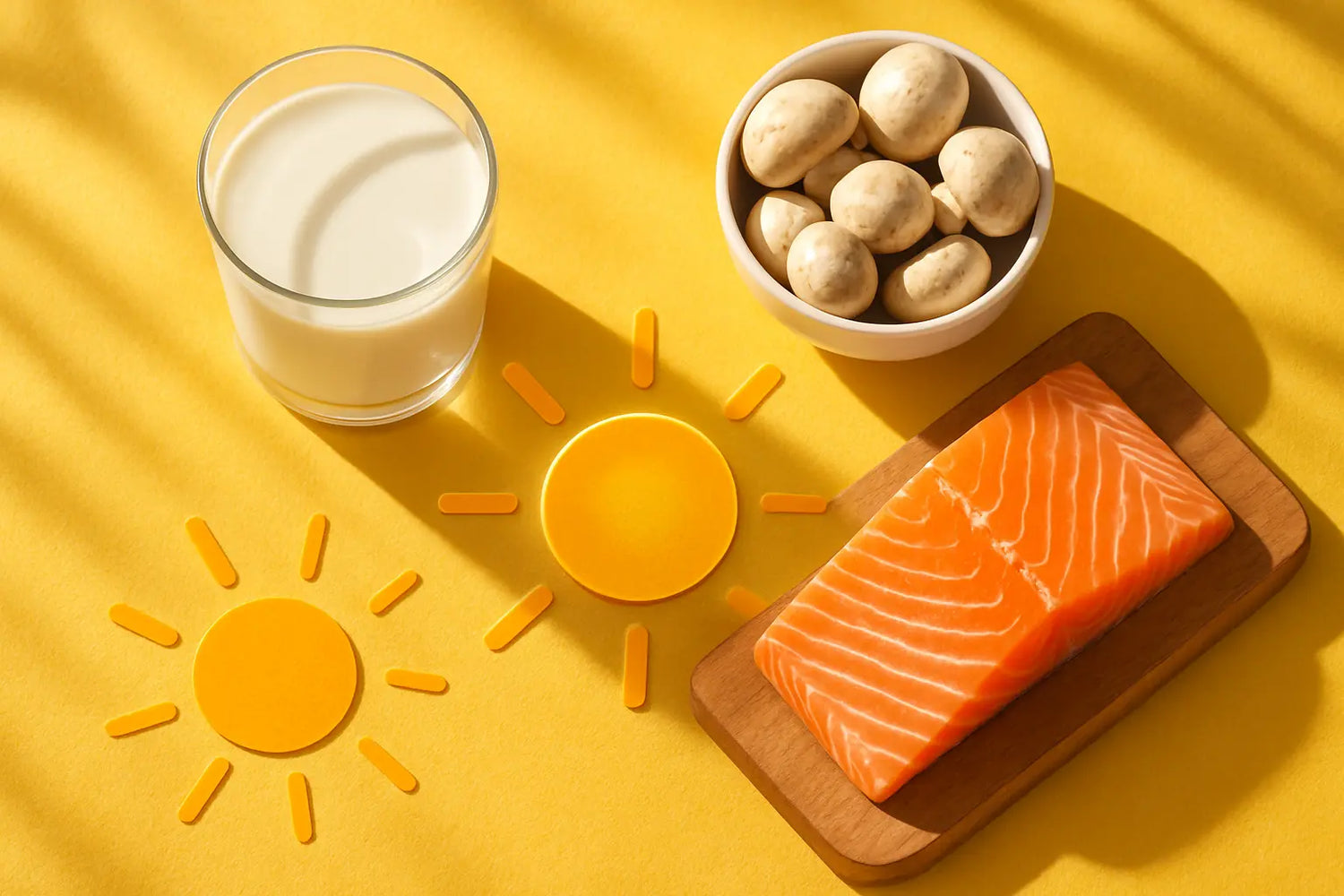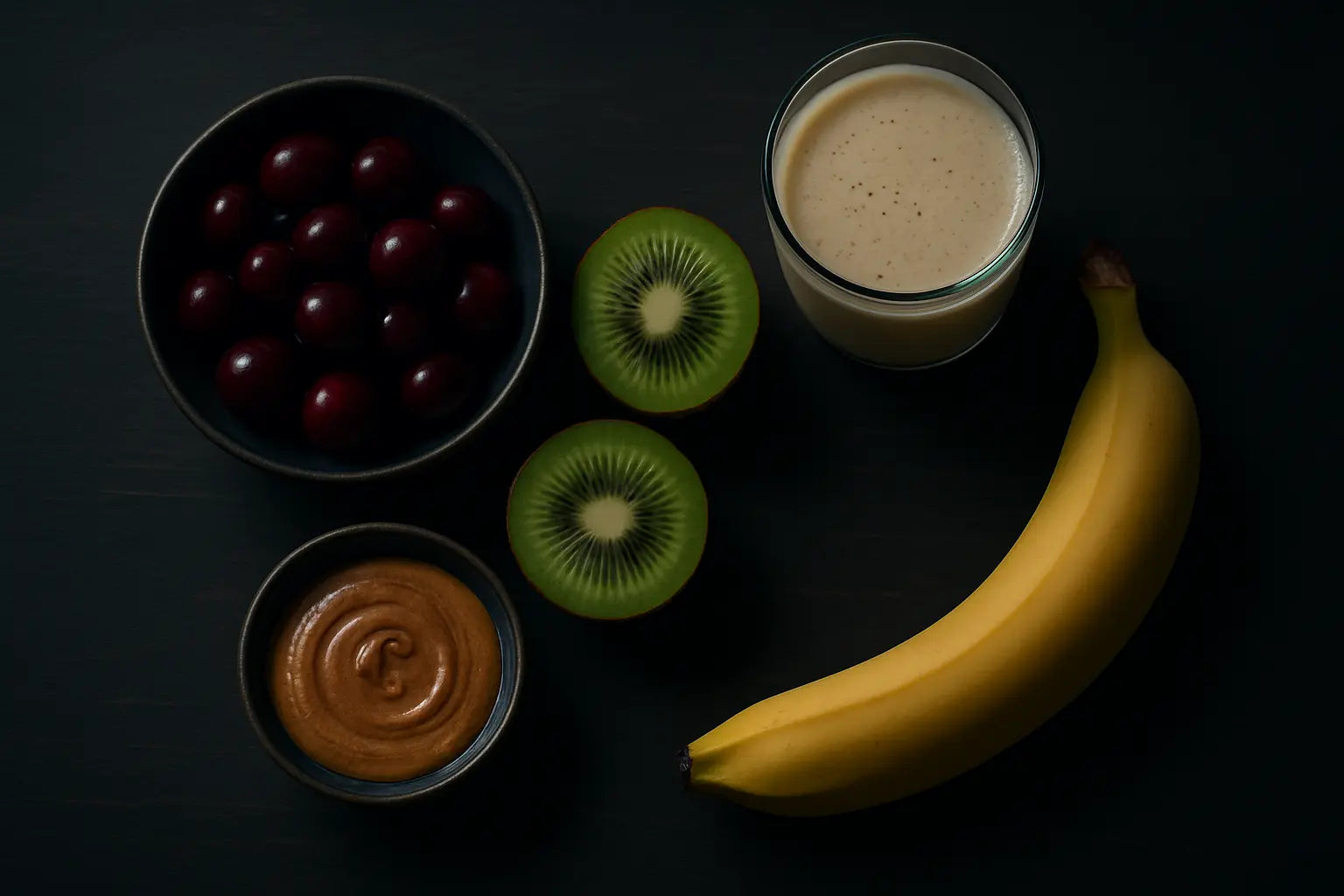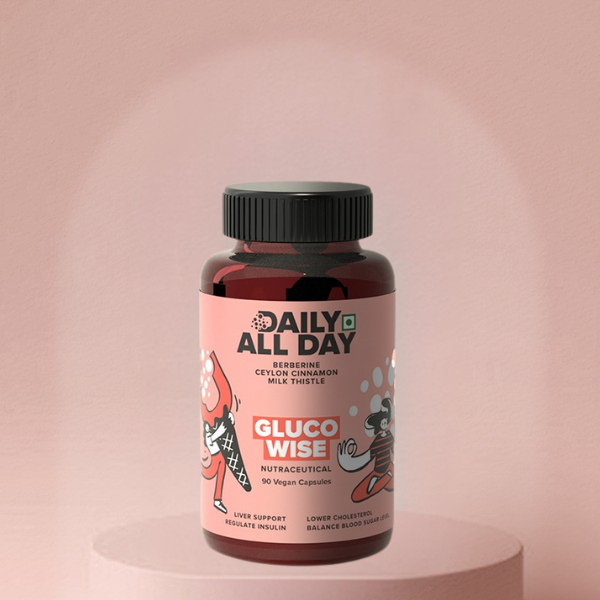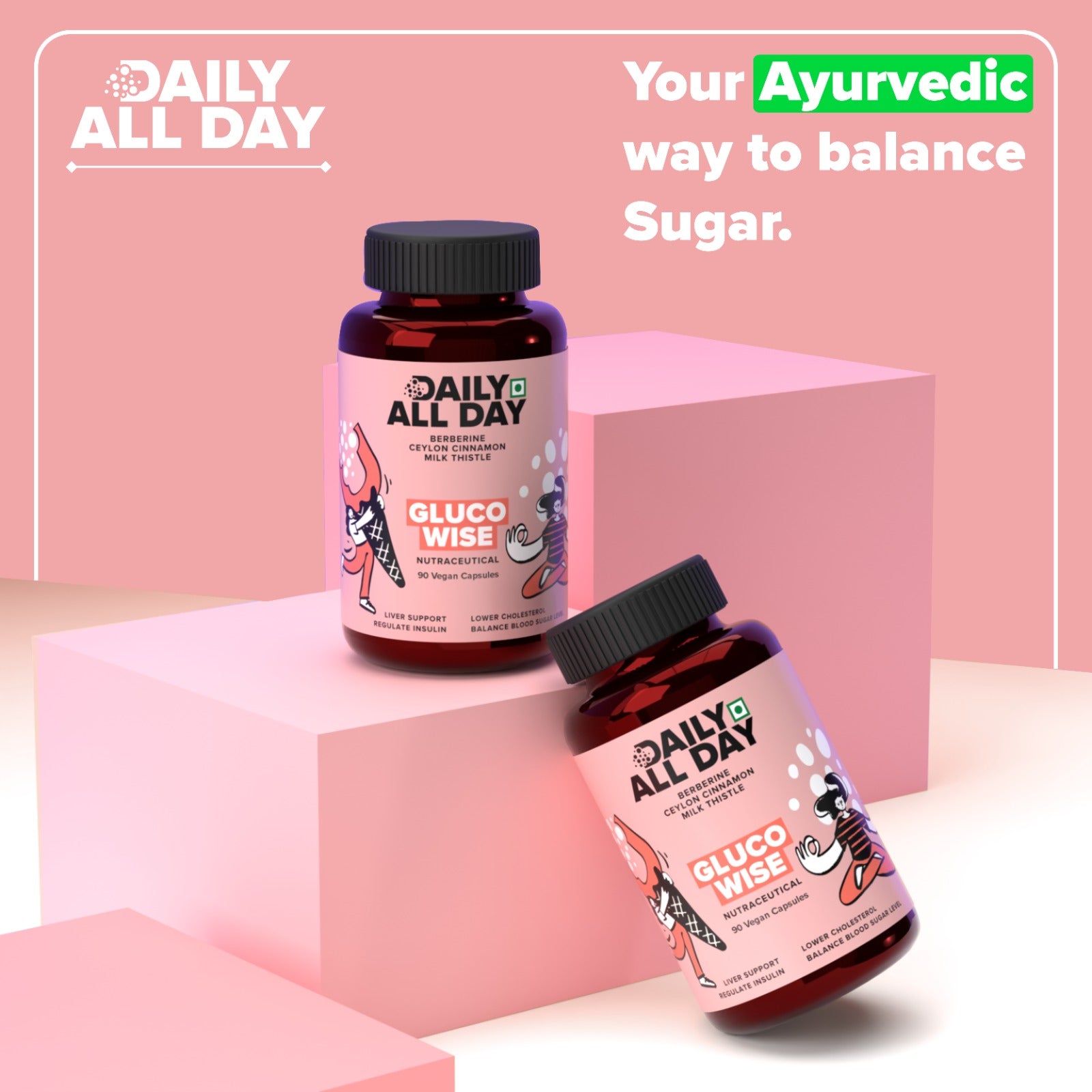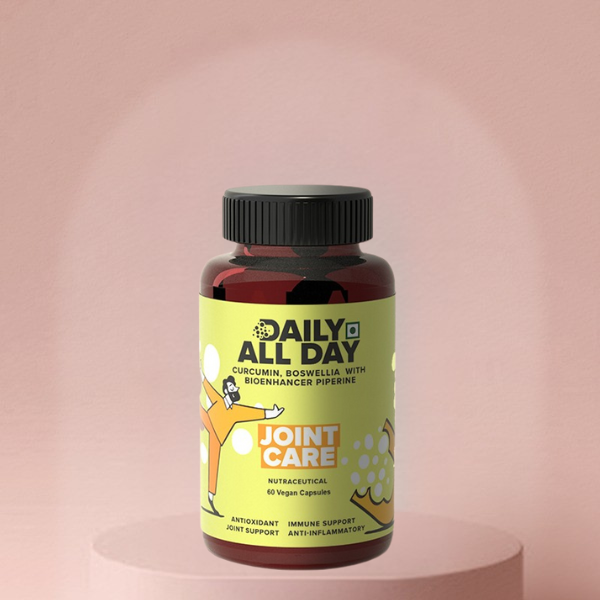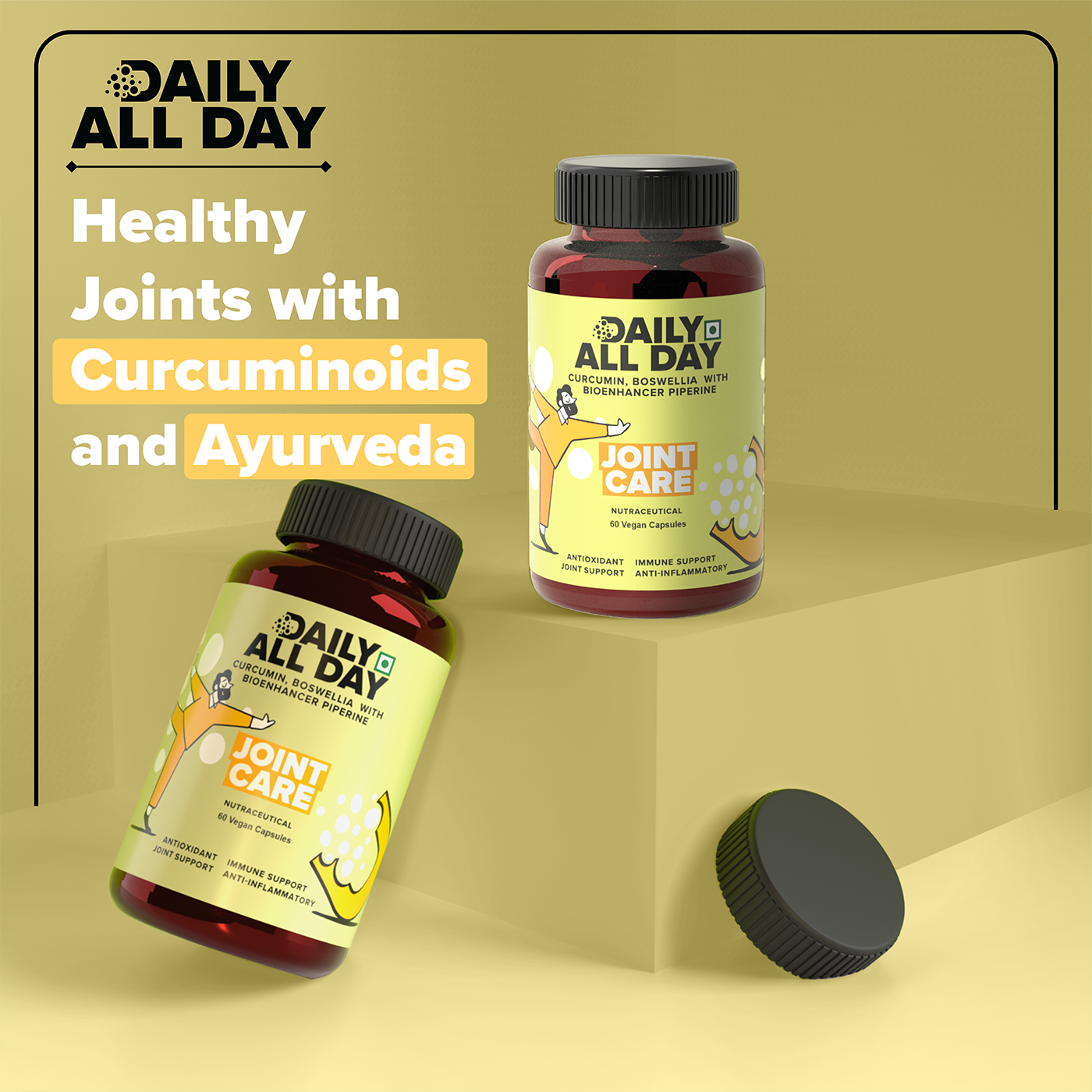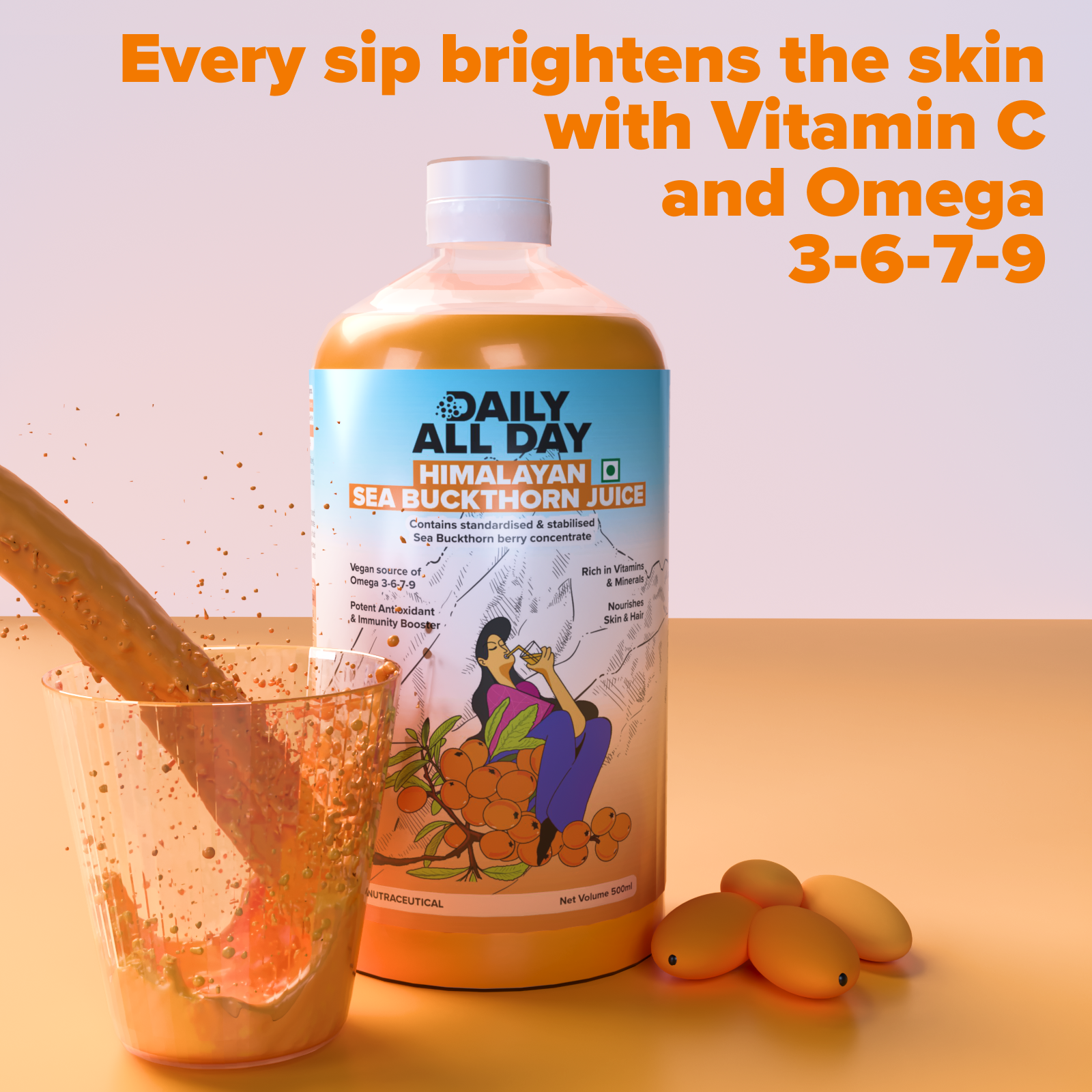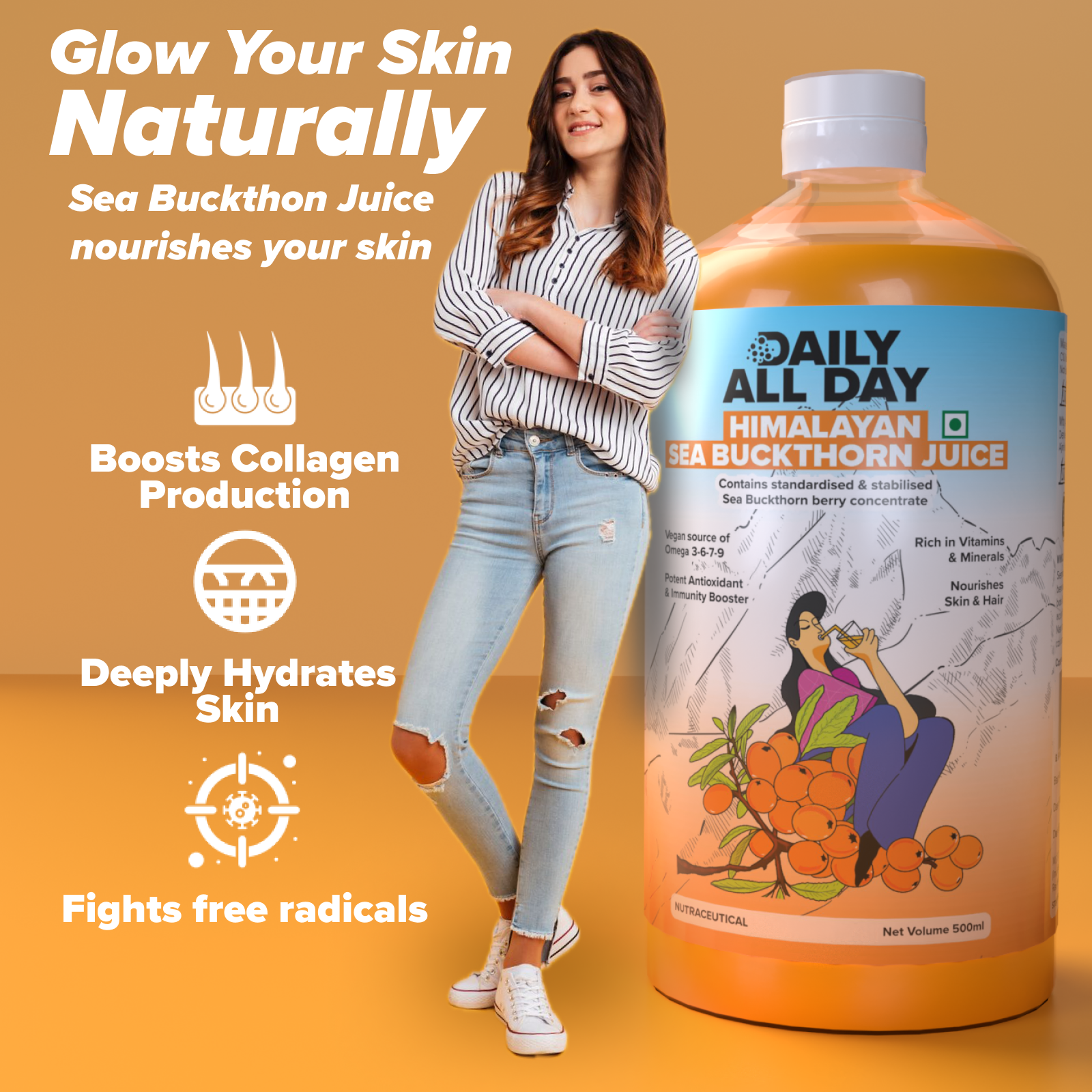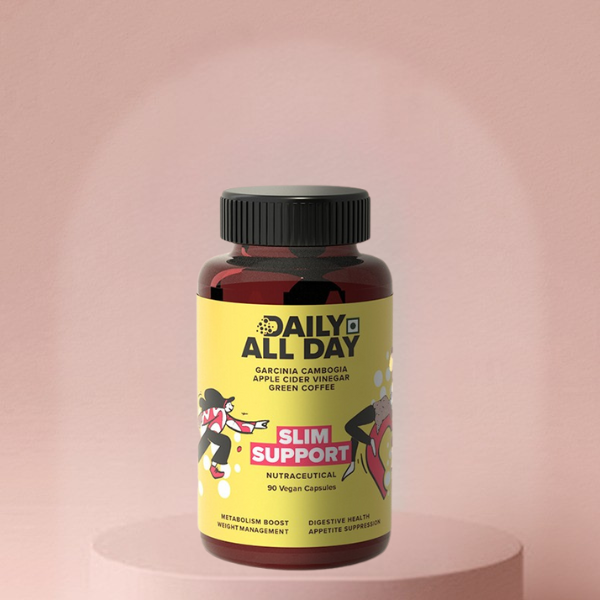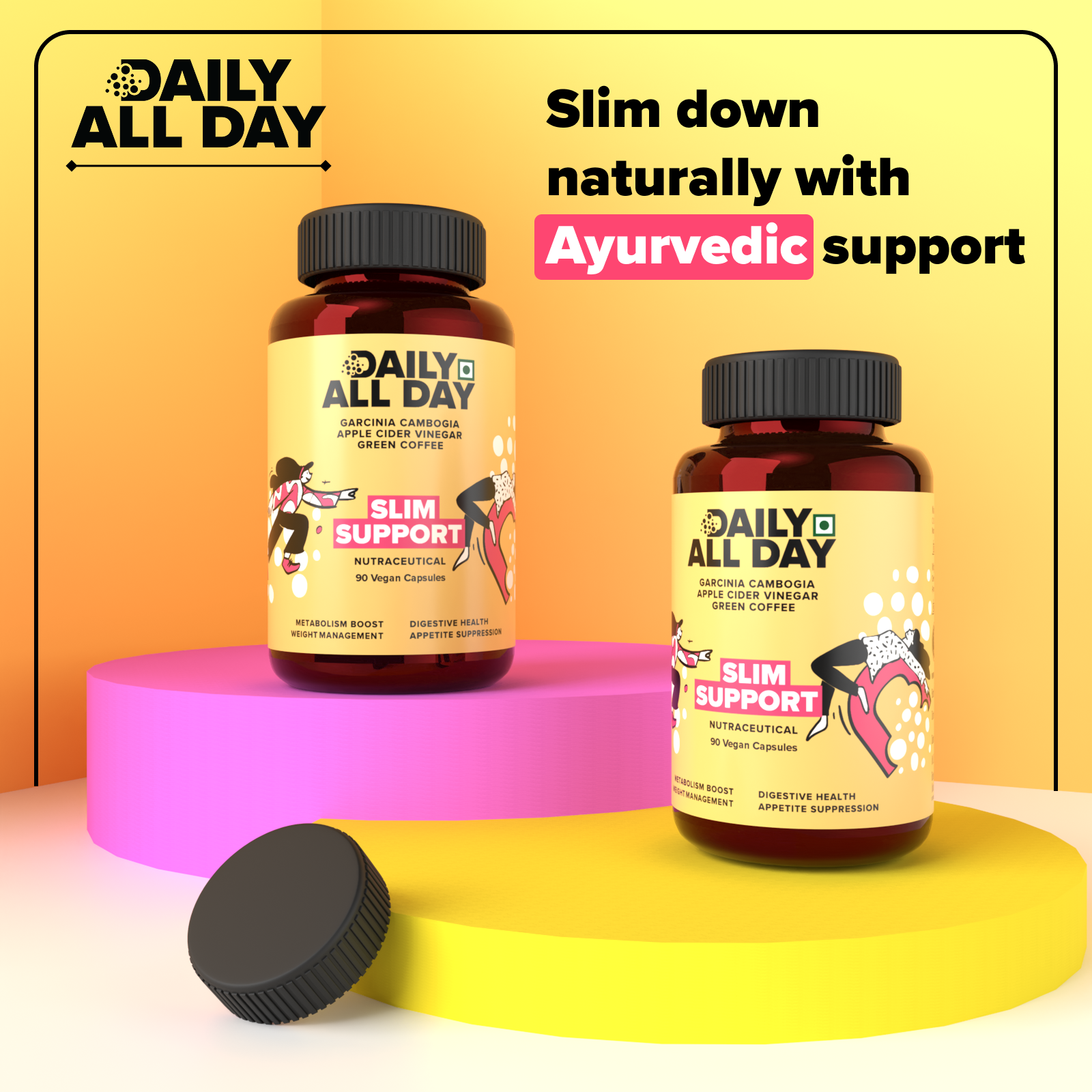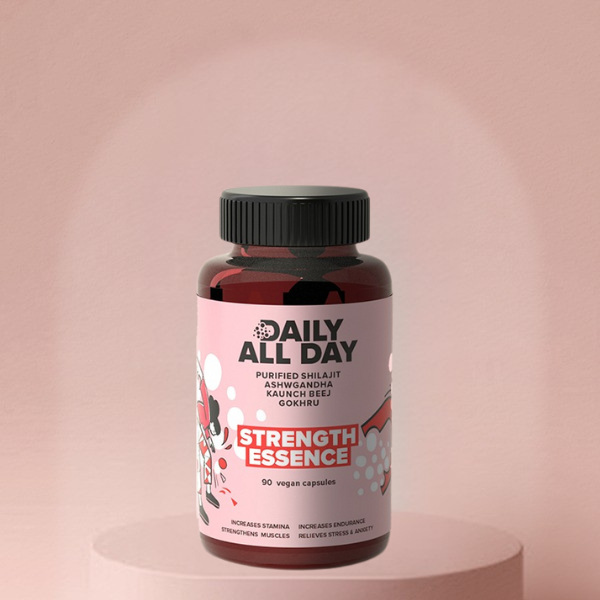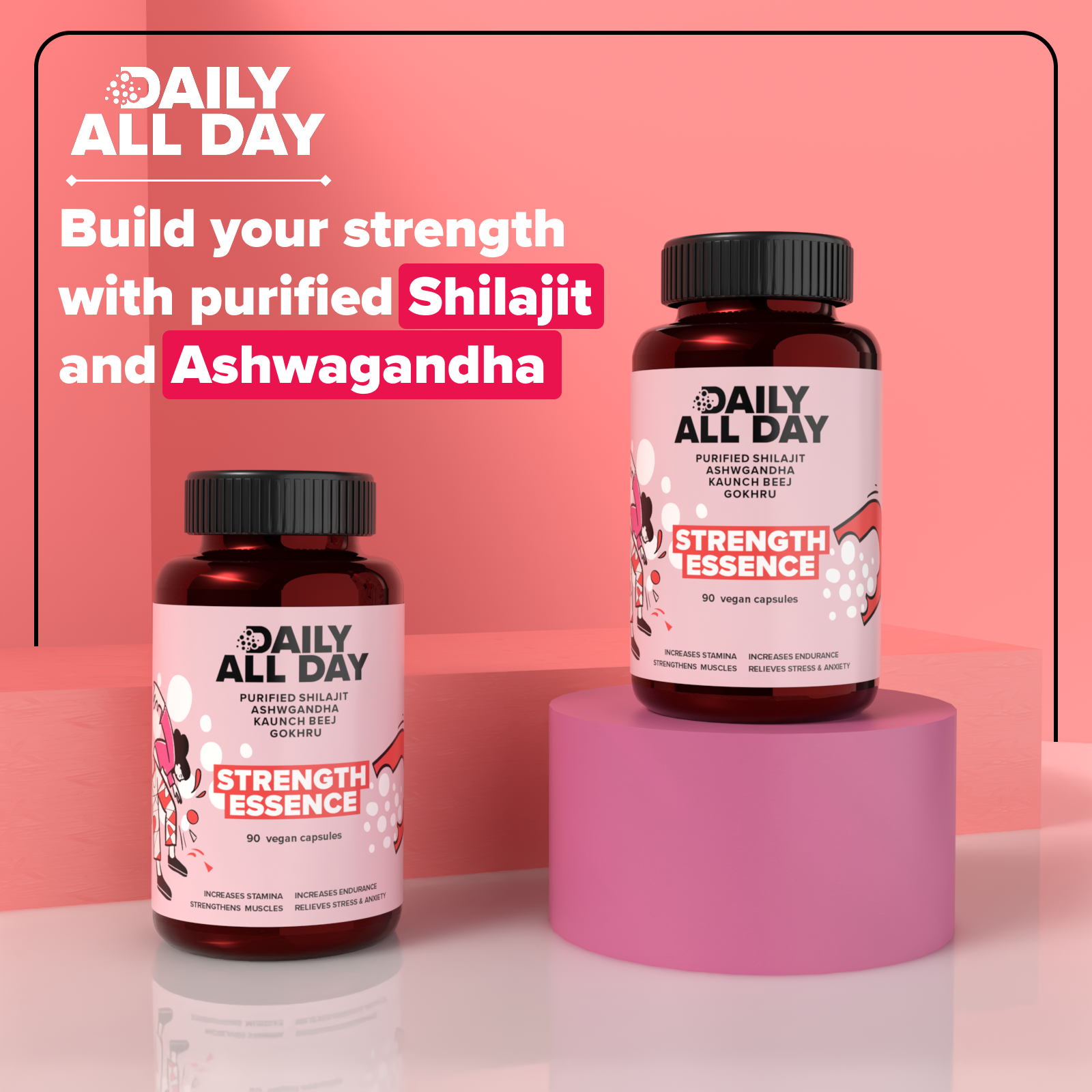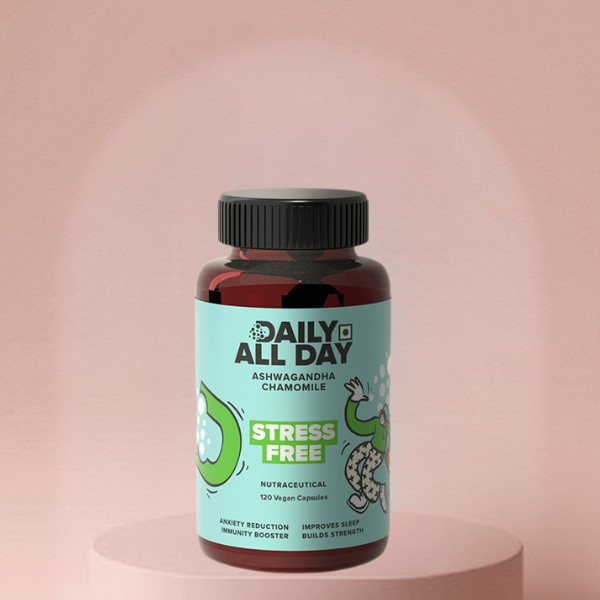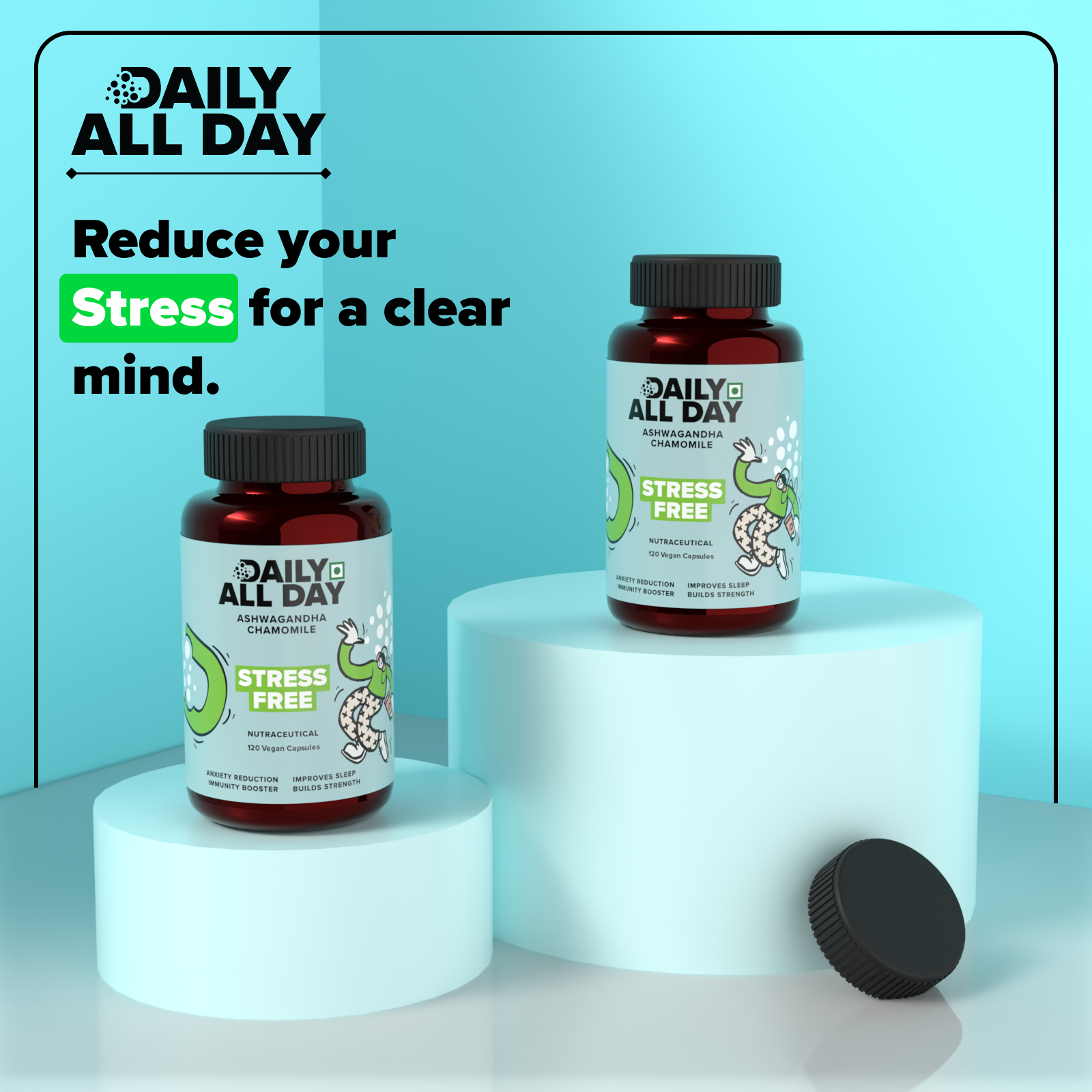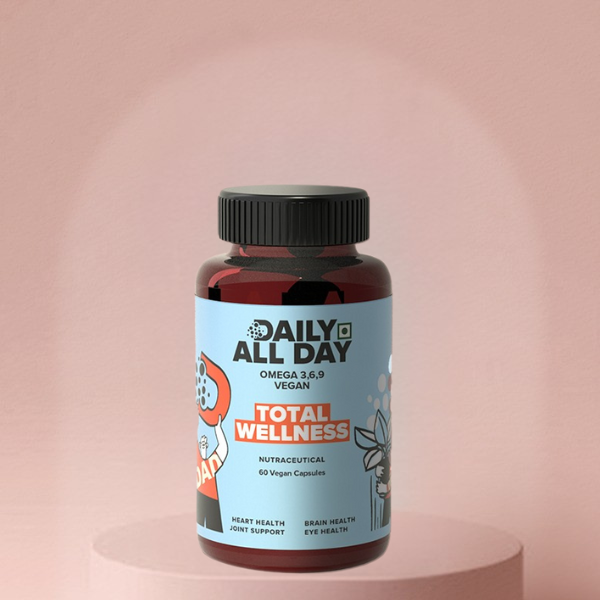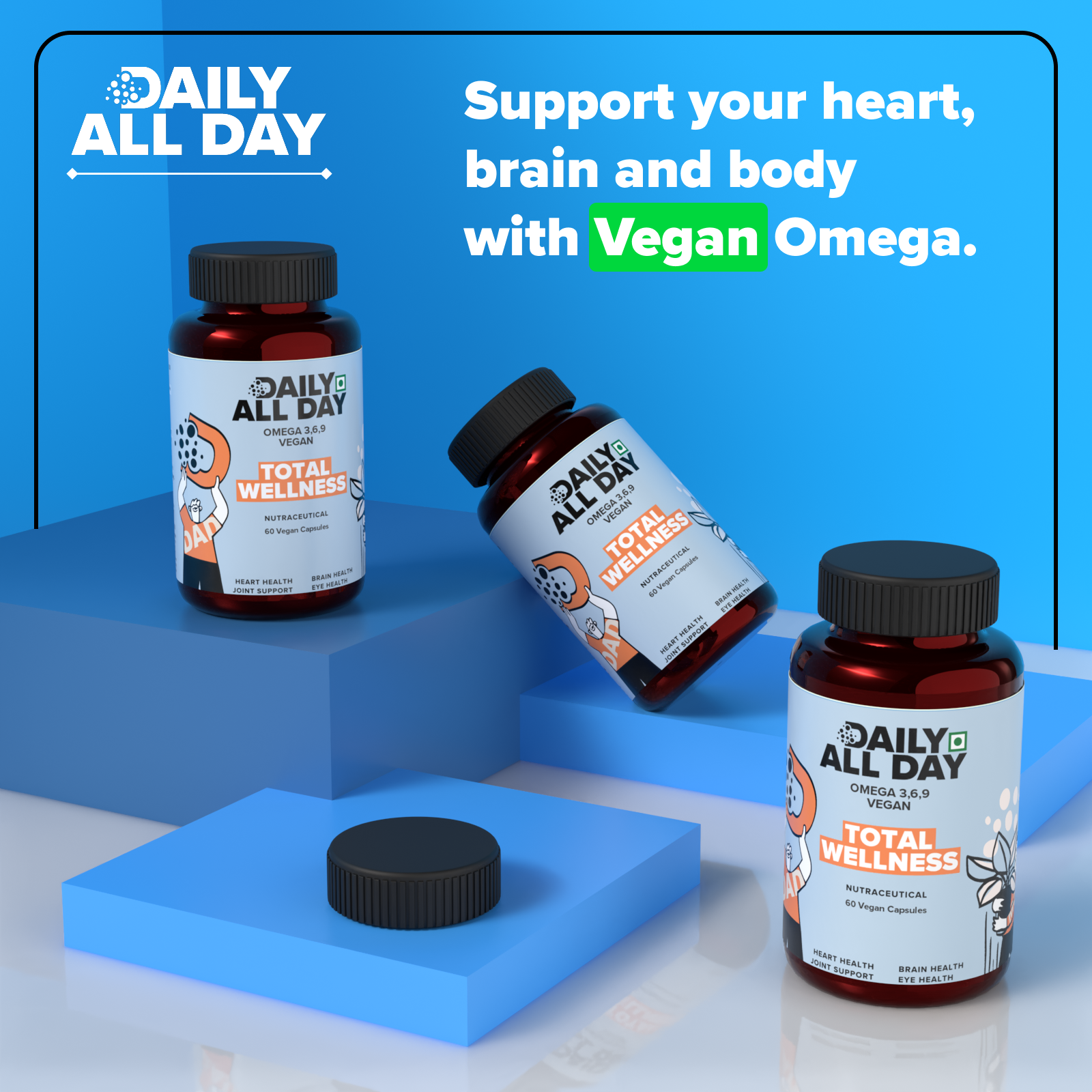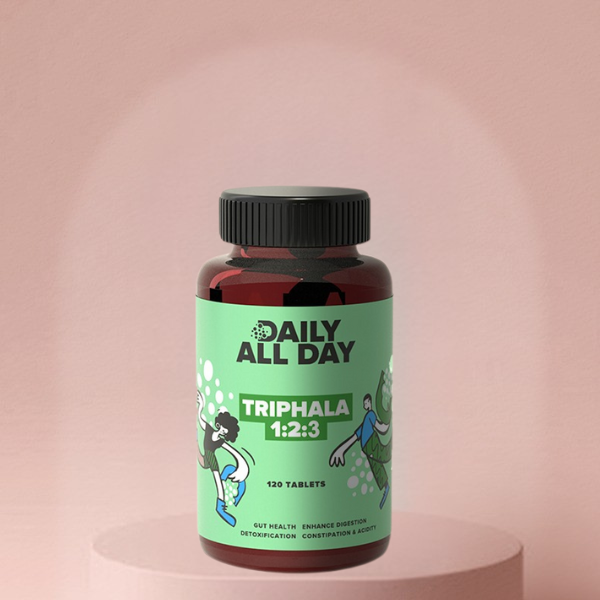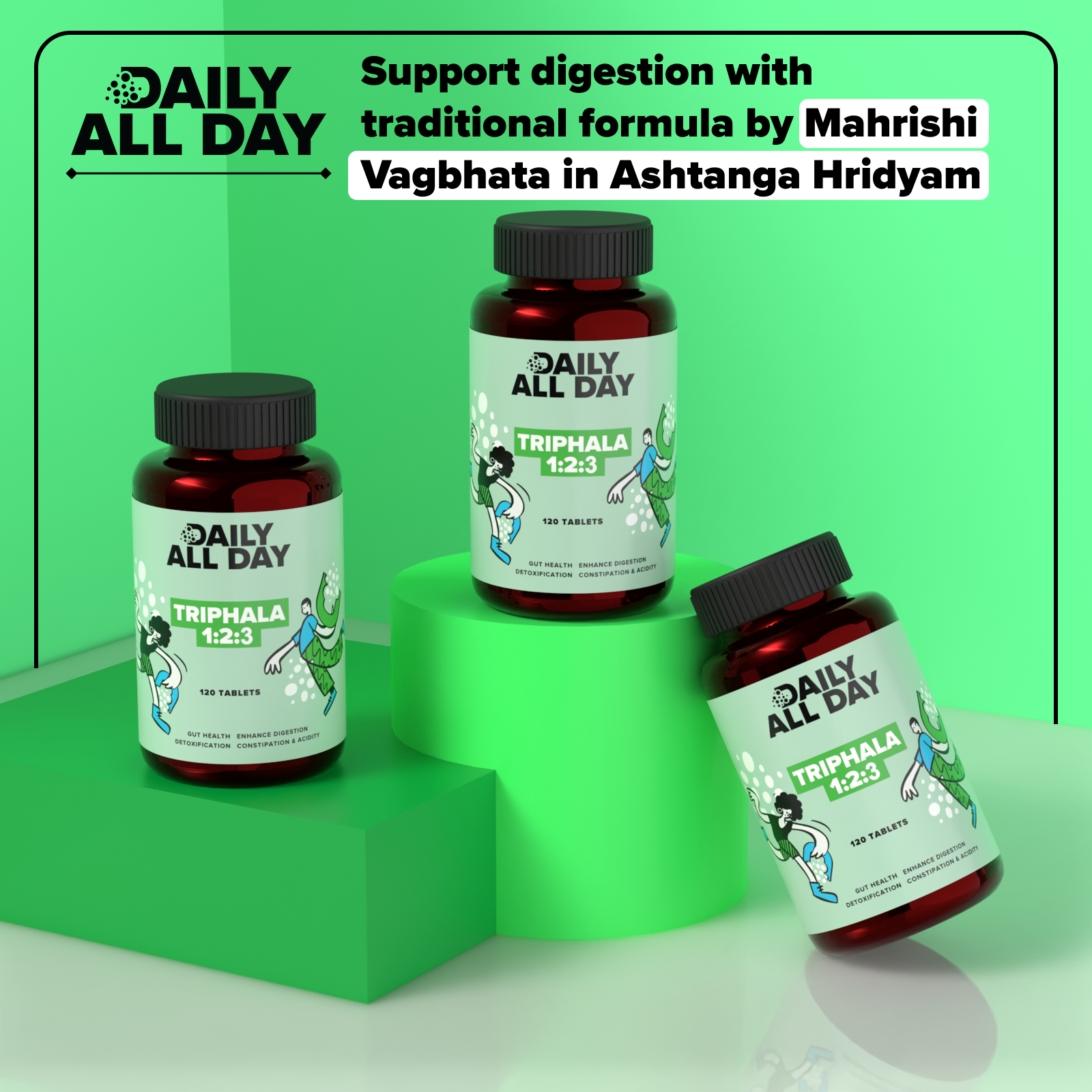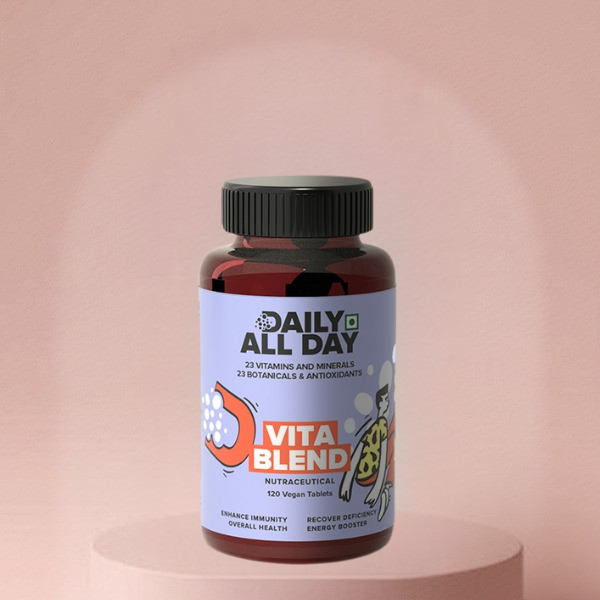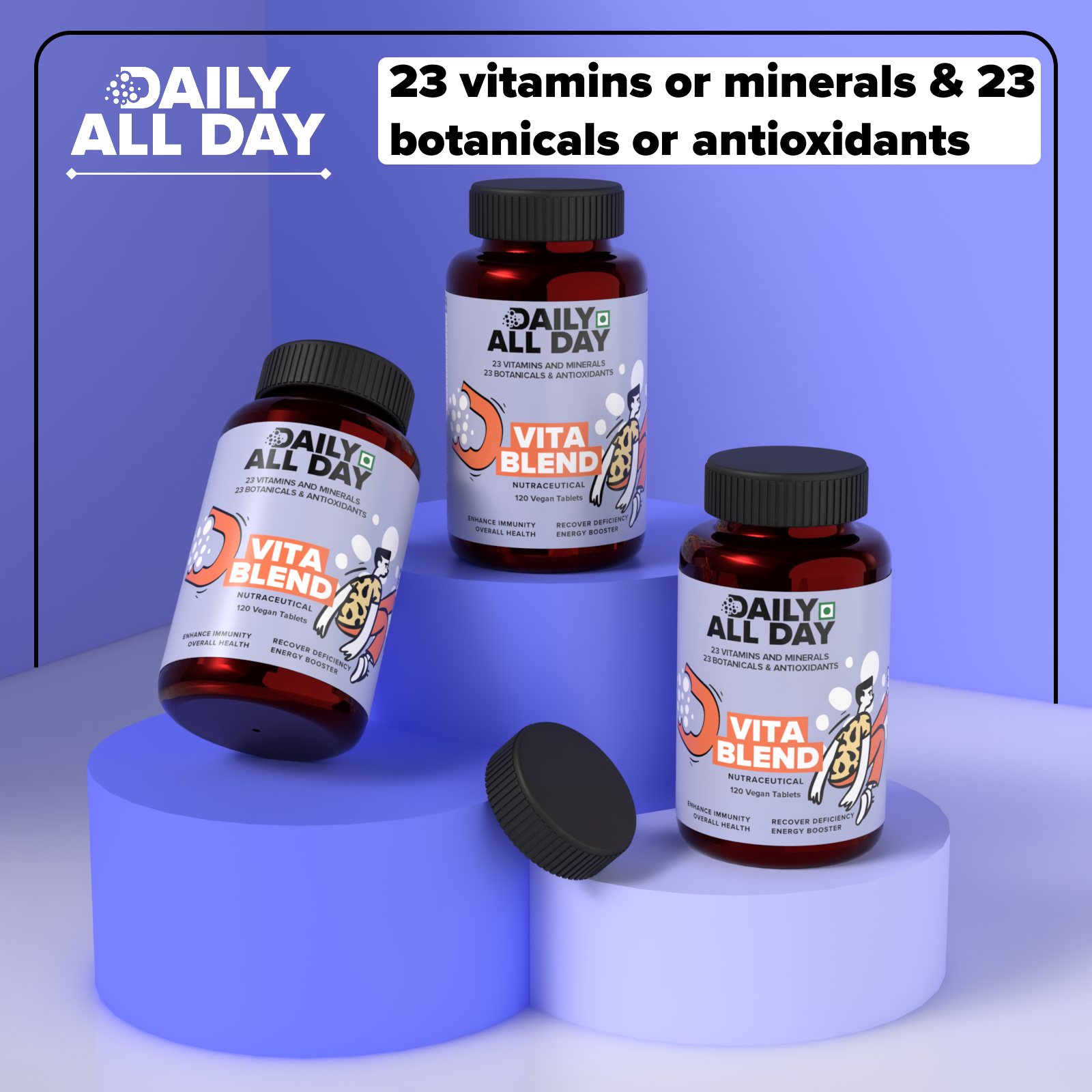Rohan was on top of the world. After a routine check-up revealed he had low vitamin D, his doctor advised him to start taking supplements. He felt more energetic, his mood improved, and he knew he was doing something great for his bone health. But then, he stumbled upon an article online with a scary headline: “The Sunshine Vitamin’s Link to Painful Kidney Stones.” Suddenly, his feel-good supplement felt like a ticking time bomb. Is it possible that the very thing meant to help him could be causing harm? This confusion is common, and it highlights the complex truth about vitamin d and its relationship with our kidneys.
If you've ever felt this way, you're not alone. The internet is filled with conflicting information. Let's clear the air and understand the real science behind vitamin D and kidney stones, in a way that’s easy to grasp.
Table of Contents
- 1. What is Vitamin D and Why Is It a Big Deal?
- 2. The Kidney Connection: How Vitamin D Works in Your Body
- 3. The Great Debate: Does Vitamin D Really Cause Kidney Stones?
- 4. What People Are Asking: Insights from Quora
- 5. Ingredients Deep Dive: The Power of a Balanced Formula
- 6. Smart Supplementation: How to Get It Right
- 7. Frequently Asked Questions
1. What is Vitamin D and Why Is It a Big Deal?
Often called the “sunshine vitamin” or “sun vitamin,” Vitamin D is a unique nutrient that our bodies can make when our skin is exposed to sunlight. It's crucial for our health, and it comes in two main forms:
- Vitamin D2 (Ergocalciferol): Found in plant-based sources like fortified mushrooms and some supplements.
- Vitamin D3 (Cholecalciferol): This is the type our bodies produce from sunlight. It's also found in animal-based foods like fatty fish and egg yolks, and is widely considered the more effective form for supplements.
The primary job of vitamin D is to help our bodies absorb calcium and phosphorus from the food we eat. Without enough vitamin D, we can't get the calcium we need to build and maintain strong bones, which can lead to conditions like osteoporosis. But its job doesn't stop there. Vitamin D also plays a vital role in supporting our immune system, regulating mood, and reducing inflammation.
2. The Kidney Connection: How Vitamin D Works in Your Body
To understand the link to kidney stones, we need to follow the journey of calcium in our body, with vitamin D as its guide.
- Absorption Boost: When you take vitamin D (cholecalciferol), it signals your intestines to become super-efficient at absorbing calcium from your diet. This is great for your bones!
- Blood Calcium Levels Rise: With more calcium being absorbed, the amount of calcium in your bloodstream increases.
- Kidneys as Filters: Your kidneys act like a sophisticated filtering system for your blood. They work to keep the good stuff and get rid of waste. When they detect high levels of calcium in the blood, they filter out the excess and send it to your bladder to be removed through urine.
- The Risk of Stones: This is where the potential problem lies. If your urine becomes too concentrated with calcium, the calcium can crystallize and form hard, pebble-like stones. These are known as calcium-oxalate stones, the most common type of kidney stones.
So, in theory, taking very high doses of vitamin D could lead to more calcium in your urine, which might increase the risk of forming kidney stones. But is it really that simple?
3. The Great Debate: Does Vitamin D Really Cause Kidney Stones?
The scientific community is divided on this topic, and the relationship is more complex than it seems. It's not a straightforward cause-and-effect situation.
- The Argument for Risk: Some studies suggest that very high doses of vitamin D supplements, especially when taken alongside calcium supplements, can lead to hypercalciuria (too much calcium in the urine), increasing the risk of stones. This is particularly a concern for people who are already prone to forming kidney stones.
- The Argument Against a Direct Link: On the other hand, many large-scale studies have found that while vitamin D supplementation might change calcium levels, it doesn't actually lead to a higher incidence of kidney stones in the general population. In fact, some research points out that having a vitamin D deficiency might also increase your risk for kidney stones!
The consensus is leaning towards this: for most people, taking a moderate, recommended dose of vitamin D is safe and does not increase the risk of kidney stones. The risk factor appears with extremely high, unsupervised doses (like the potent cholecalciferol 60000 IU, often called uprise d3 60k, which should only be taken under a doctor's guidance).
4. What People Are Asking: Insights from Quora
Let's look at some common questions people ask online and the general advice given.
-
Why is vitamin D connected to the kidney?
Vitamin D is connected because it's activated by the kidneys and plays a huge role in managing the body's calcium levels. The kidneys filter calcium, so any major changes in calcium metabolism directly impact them. Taking high doses of vitamin D and calcium together can be a risk factor for stone formation. -
What causes kidney stones, calcium supplements or vitamin D supplements?
It's the combination that can be risky. Vitamin D increases calcium absorption. If you're taking a lot of calcium without enough magnesium and zinc to help manage it properly, the excess can end up in your kidneys. -
Can a dose of 2000-3000 IU of vitamin D3 per day cause kidney stones?
For most people, a dose of vitamin d 2000 iu is considered safe and is unlikely to cause kidney stones on its own. The primary concern is excessive calcium intake, not moderate vitamin D supplementation.
5. Ingredients Deep Dive: The Power of a Balanced Formula
The fear of single-ingredient, high-dose supplements is understandable. The secret to safe and effective supplementation lies in a balanced, synergistic formula where nutrients work together. Let's explore how a comprehensive multivitamin can provide the benefits without the risks.
Daily All Day Vita Blend (120 Tablets)
This isn't just a vitamin D pill; it's a holistic wellness formula. It contains a safe and effective 600 IU of Vitamin D3, which is well within the daily recommended guidelines. But more importantly, it includes other nutrients that are crucial for proper calcium metabolism and kidney health.
- Magnesium: Often called nature's calcium blocker, magnesium helps prevent the formation of calcium-oxalate crystals in the urine. Many people are deficient in magnesium, and taking vitamin D can deplete it further. This formula provides a healthy dose of magnesium to maintain that crucial balance.
- Vitamin K2: This is a vital nutrient that often gets overlooked. Vitamin k2 acts like a traffic cop for calcium, directing it to your bones and teeth where it belongs, and away from your arteries and kidneys where it can cause problems.
- Vitamin B6 (Pyridoxine): Some studies suggest that Vitamin B6 can help reduce the body's production of oxalate, one of the key components of kidney stones.
- Ayurvedic Herbs: With powerful herbs like Ashwagandha and Moringa, this blend supports overall health, reduces stress, and fights inflammation, creating a healthier internal environment.
By choosing a balanced product like the Daily All Day Vita Blend, you get the vitamin D you need in a formula designed for safety and synergy.
Daily All Day Total Wellness Omega 3 6 9 (60 Capsules)
For overall kidney health, reducing inflammation is key. The essential fatty acids in Daily All Day Total Wellness Omega 3 6 9 are sourced from vegan-friendly flax seeds and provide powerful anti-inflammatory benefits. This supports kidney function and overall wellness, making it a great companion to your multivitamin. To learn more about the benefits, read about the incredible benefits of Omega-3.
6. Smart Supplementation: How to Get It Right
Preventing kidney stones while ensuring you get enough vitamin D comes down to a few simple, smart choices:
- Stay Hydrated: This is the number one rule for preventing kidney stones. Drinking plenty of water helps dilute your urine, making it harder for crystals to form. Not all water is the same; consider reading about whether mountain spring water is safe to drink for optimal hydration.
- Don't Overdo Calcium: Get your calcium primarily from your diet (like dairy, leafy greens) rather than high-dose supplements, unless advised by a doctor.
- Choose a Balanced Multivitamin: Opt for a supplement like Daily All Day Vita Blend that provides a moderate dose of vitamin D along with co-factors like K2 and magnesium. For more info, check out this guide to dietary supplements.
- Listen to Your Body: If you have a history of kidney stones, talk to your doctor before starting any new supplement, including vitamin D. They can help you determine the right dose for your individual needs.
7. Frequently Asked Questions
- 1. Can taking vitamin D supplements cause kidney stones?
- - It’s complex. Extremely high, unsupervised doses of vitamin D, especially when combined with high calcium intake, can increase the risk of kidney stones in some people. However, moderate and recommended doses are generally considered safe and beneficial. Interestingly, a deficiency in vitamin D has also been linked to an increased risk of stones.
- 2. What is a safe daily dose of vitamin D?
- - For most adults, the recommended dietary allowance (RDA) is around 600-800 IU (International Units) per day. Doses up to 4,000 IU are generally considered safe. Very high therapeutic doses, like 60,000 IU weekly, should only be taken under strict medical supervision to correct a severe deficiency.
- 3. Are vitamin D and D3 the same?
- - Not exactly. Vitamin D is the name for the group of vitamins, with the two main forms being D2 (ergocalciferol) and D3 (cholecalciferol). So, D3 is a type of vitamin D. Most studies show that D3 is more effective at raising and maintaining vitamin D levels in the blood, which is why it's the preferred form for supplements.
- 4. What are the symptoms of vitamin D and B12 deficiency together?
- - When someone has a deficiency in both vitamin D and B12, the symptoms can overlap and become more pronounced. Common signs include extreme fatigue, muscle weakness, mood changes (like depression or irritability), brain fog, and neurological symptoms like numbness or tingling in the hands and feet. Since both are crucial for energy and nerve function, a dual deficiency can significantly impact daily life.
- 5. What are some good vitamin D foods, especially for vegetarians?
- - Getting enough vitamin D from food can be tricky. Good sources include fatty fish (salmon, mackerel), cod liver oil, and egg yolks. For vegetarians, options are more limited but include:
- Fortified foods: Many milks (dairy and plant-based), orange juices, and breakfast cereals are vitamin d fortified foods.
- Mushrooms: Certain types of mushrooms exposed to UV light can produce vitamin D2.
- Supplements: A high-quality supplement is often the most reliable way for vegetarians to meet their daily needs.

The Final Verdict on Vitamin D and Kidney Health
So, what's the takeaway? The relationship between vitamin D and kidney stones isn't a simple case of good versus evil. Vitamin D is absolutely essential for your health, playing a crucial role in everything from bone strength to immune defense. The concern about kidney stones arises not from sensible vitamin D intake, but from the potential risks of excessively high doses, especially when paired with high calcium supplements and without supporting nutrients like magnesium and K2.
The key is balance. Your body needs a symphony of nutrients working together. A deficiency in vitamin D can be just as problematic as an excess. Instead of fearing this vital nutrient, the focus should be on smart, balanced supplementation. This is where a well-formulated multivitamin like the Daily All Day Vita Blend shines. It provides a moderate, effective dose of Vitamin D3 (600 IU) alongside 22 other essential vitamins and minerals, including magnesium and K2, which help ensure calcium goes where it's needed—your bones, not your kidneys. Paired with anti-inflammatory support from Daily All Day Total Wellness Omega 3 6 9, you're not just taking a single nutrient; you're supporting your entire system holistically. By choosing a comprehensive supplement and maintaining a healthy lifestyle, you can enjoy the immense benefits of the sunshine vitamin without the worry.

